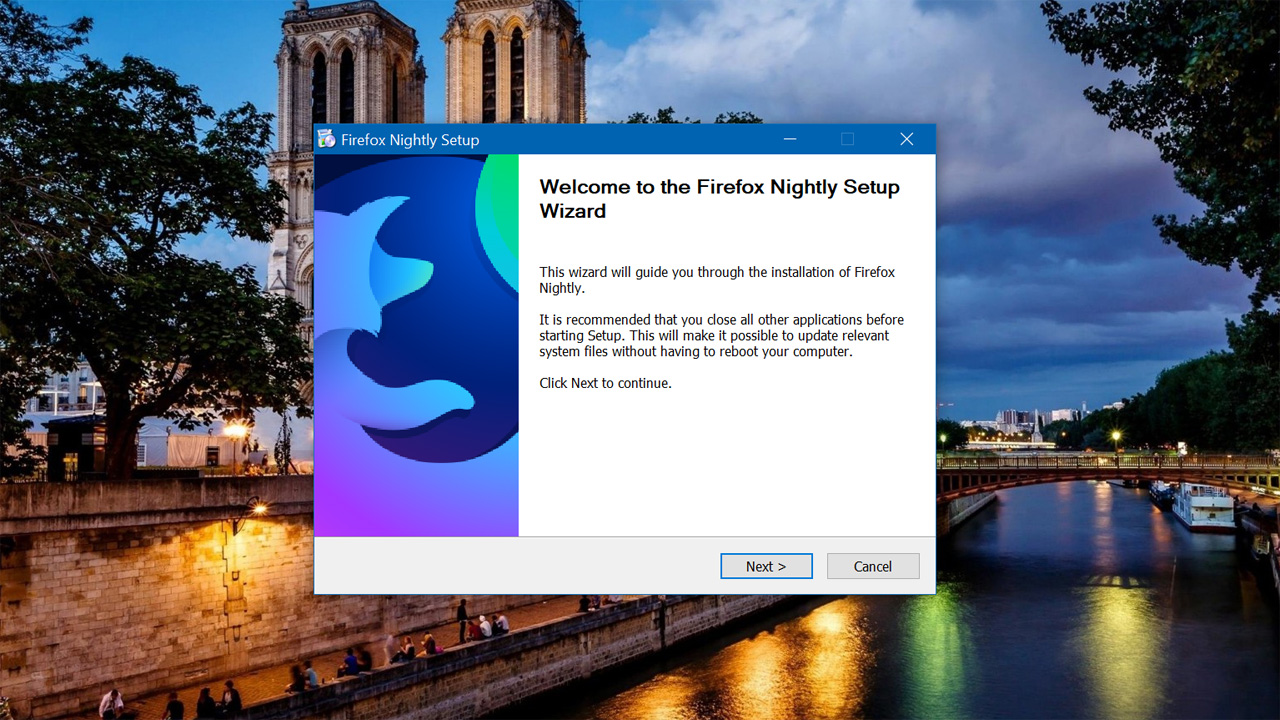Tip: Test Native Firefox for Windows 10 on ARM
- Paul Thurrott
- Jan 05, 2019
-
28

If you’re one of the select few who is betting on Windows 10 on ARM already, you might want to begin testing the first native ARM third-party web browser early as well.
Embarrassingly, nightly builds of pre-release versions of Firefox for Windows 10 on ARM have been available since December 20, but I only found out about this today courtesy of Neowin.
Windows Intelligence In Your Inbox
Sign up for our new free newsletter to get three time-saving tips each Friday — and get free copies of Paul Thurrott's Windows 11 and Windows 10 Field Guides (normally $9.99) as a special welcome gift!
"*" indicates required fields
“I’m excited to announce that we have bona fide ARM64 Windows nightlies available for download,” a post to a Mozilla public mailing list explains. “Please note that these builds are even nightlier than our normal nightlies on other platforms: they have not gone through our usual automated testing process, bugs are almost certain to crop up, etc.”
Based on my very early experience using the latest nightly build of Firefox for Windows 10 on ARM, the experience is a bit spotty. Initial app boot time is really slower—slower than that of the Intel versions of Chrome and Firefox, for sure—and, as Mozilla notes there are still missing low-level features like the Gecko profiler, the Crash Reporter, the latest JavaScript JIT compiler, WebRTC, and more. Worse, a technology called Encrypted Media Extensions (EME) isn’t yet available, so popular media services like Netflix won’t work yet either.

But yes. These are nightly builds, so they will improve each day until this browser is deemed of high enough quality to ship publicly alongside the other versions of Firefox. And I’ve found normal web browsing to work pretty well, so it’s not a complete non-starter.
Feeling brave? You can download the nightly Firefox for Windows 10 on ARM installer here.
Conversation 28 comments
-
skane2600
<p>I've always found the excitement over Windows on ARM a bit of a head-scratcher. Did it originate with the hope for a Surface Phone? (which wouldn't be viable ergonomically even if it ran full Windows). Was it was because current Windows users often found themselves far away from an AC outlet and so their laptops died? Was it because Intel was "The Man" and they wanted to stick to him? Whatever the reasons, do they still make sense?</p>
-
skane2600
<blockquote><em><a href="#392097">In reply to FalseAgent:</a></em></blockquote><p>The discussion continues because a good case still hasn't been made.</p><p><br></p><p> Other than better battery life those other attributes you list seem equally achievable with Intel. Or are Intel chips so big and heavy that devices can't be thin and light? Of course for productivity use, a phone form-factor simply isn't going to cut it, so the thin and light aspects aren't going to be that important. As far as reasonable prices are concerned so far WoA devices have already failed and we know how poor the emulation performance is. </p>
-
skane2600
<blockquote><em><a href="#392150">In reply to FalseAgent:</a></em></blockquote><p>Battery life is the entire problem that it is attempting to solve? If so, it will fail. </p>
-
skane2600
<blockquote><em><a href="#392181">In reply to FalseAgent:</a></em></blockquote><p>You misunderstand. I didn't say that WoA devices couldn't achieve better battery life; I said that if that's the only improvement they offer they will fail to be sucessful.</p>
-
skane2600
<blockquote><em><a href="#392147">In reply to glenn8878:</a></em></blockquote><p>I was under the impression that Office was already available for ARM, but I don't know for sure or if it's a full version.</p>
-
skane2600
<blockquote><em><a href="#392426">In reply to wright_is:</a></em></blockquote><p>I worked on a Windows project that used an Alpha processor and the compatibility wasn't 100%. One could argue that supporting multiple processors was a flawed idea, despite appealing to engineers' sense of a good flexible design, it didn't payoff. Sometimes the business case has to take precedence over the engineering case.</p><p><br></p><p>But the ARM strategy is different, it's supposed to be used in the mainstream so a "restricted list of available applications" isn't going to be good enough. Likewise it must run the applications with good performance. </p>
-
dontbe evil
<blockquote><a href="#392327" target="_blank"><em>In reply to BigM72:</em></a></blockquote><p><br></p><p>only when apple will provide macos on ARM will be really needed and revolutionary … right?</p>
-
skane2600
<blockquote><em><a href="#392327">In reply to BigM72:</a></em></blockquote><p>Nobody outside of tech enthusiasts care about ARM. It's also worth noting that many Chromebooks including Google's flagship Pixelbook use Intel processors.</p>